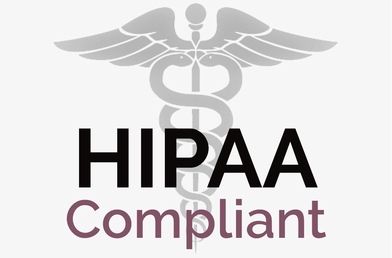|
Have you ever called a doctor’s office to get medical information about your spouse? They may have told you that they cannot share information about the patient with anyone but the patient or an authorized representative. Privacy laws protect the patients from disclosure of their confidential medical information. To be an authorized representative, a HIPAA authorization must be signed by the patient.
What is HIPAA? HIPAA stands for Health Insurance Portability and Accountability Act. This privacy law is intended to protect against the unauthorized release of your private medical information. What is a HIPAA Authorization and Waiver? One of the essential health care documents that should be included in any estate plan portfolio is the HIPAA Authorization and Waiver form. The HIPAA Authorization and Waiver is a stand-alone document that authorizes your health care providers to release information concerning your otherwise confidential medical information to the individuals (ie. your spouse) you have designated to act on your behalf in the event of disability and to those who you would also want to have such access. Without a signed HIPAA form, the medical community is very conservative about releasing medical records because they will face stiff penalties. When you have capacity and can act on your own, it’s not a problem to sign a HIPAA form. However, should you ever become incapacitated and unable to authorize the release of your medical information, problems can arise. But with this form, it allows your loved ones to be informed about your medical condition and who can then assist to managing and directing care for you. Here's another example of the importance of a HIPAA document: Imagine you were overseas on a business trip and a close friend calls and says your son was in a car accident and was taken to the hospital. When you frantically call the hospital to inquire about his condition, the nurse tells you that she cannot legally give you that information. Because he was an adult, the hospital needed authorization from your son that specifies those persons to whom the hospital could release information. Feeling helpless, you could only worry and stress as you travel back home to your son. In planning for the future, make sure to have this form executed and include it with your other important health care documents in your estate plan portfolio. You would want someone you trust to know and receive your medical condition and medical information to help care for you in case something were to happen to you.
0 Comments
|
About the AuthorChristine Chung, Esq. Archives
March 2020
Categories
All
|
|
Home | About Us | Attorneys | Virtual Services | Practice Areas | FAQs | Contact Us
© 2018 Law Offices of Christine Chung. All rights reserved. Disclaimer/Privacy Notice |


 RSS Feed
RSS Feed

